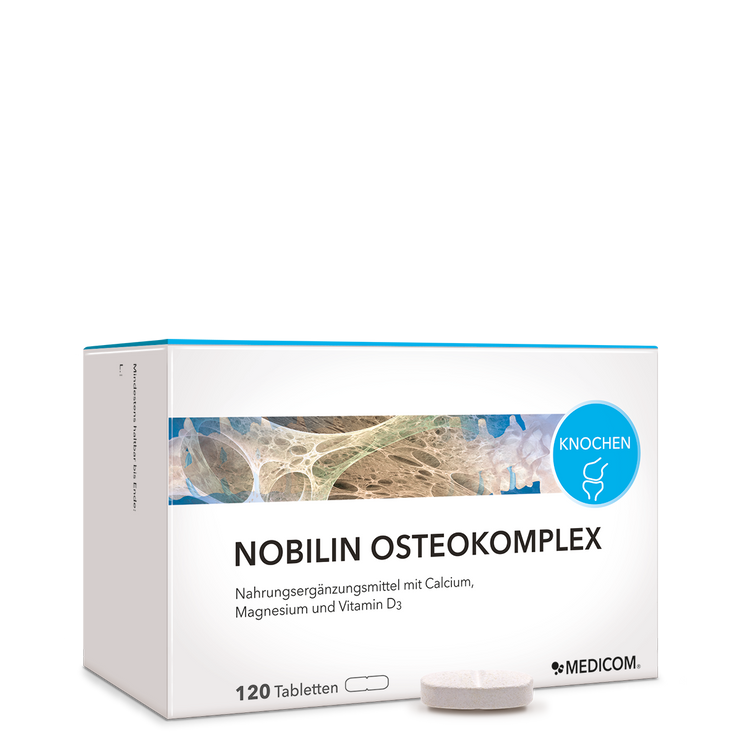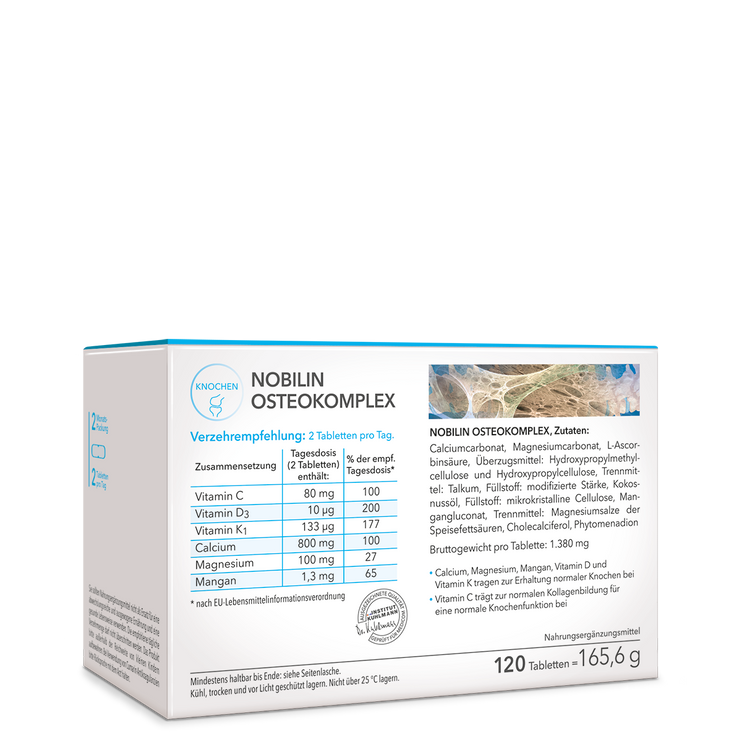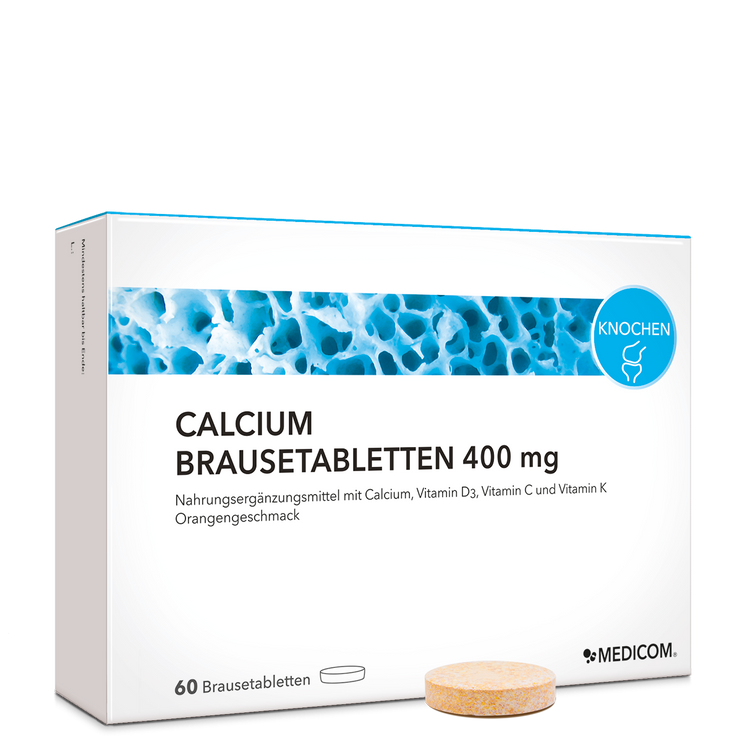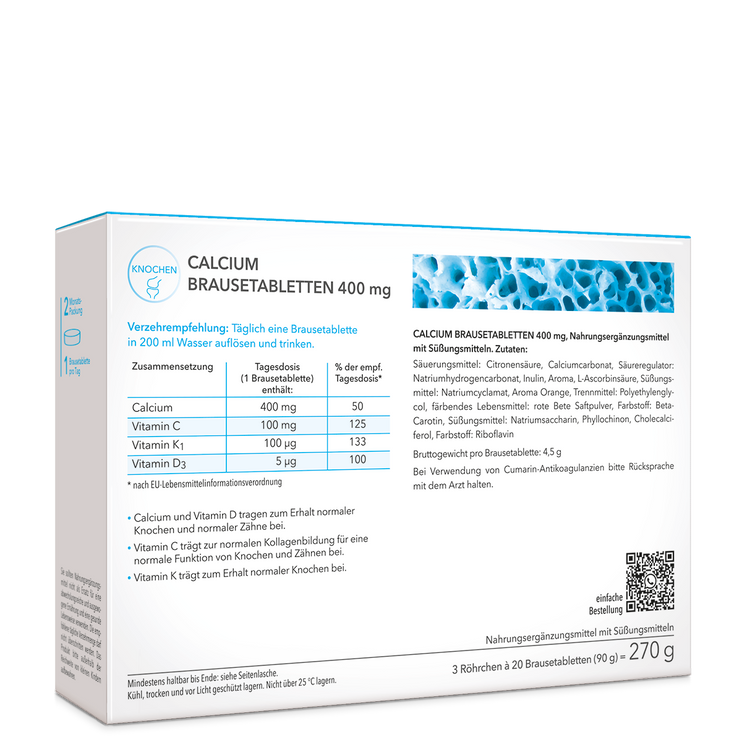The K in vitamin K stands for coagulation. The most important task of vitamin K is to help withEducation ofCoagulation factors in the blood, without which blood clotting disorders would occur. The clotting factors activate the formation of so-called fibrin, which seals wounds tightly and thus prevents blood from flowing out of wounds unhindered.
Other functions of vitamin K
Also for themMaintaining healthy bone structureVitamin K is necessary. Together withCalciumandVitamin Dit is involved in the constant construction and remodeling of the bone structure. In addition, vitamin K plays an important role in theCell growthThere are also considerations as to whether an adequate supply of vitamin K beforeArteriosclerosis andosteoporosisprotects.
Several forms of vitamin K
There are two main forms of this vitamin: Vitamin K1 (phylloquinone) is also foundin plant foods, while vitamin K2 (menaquinone) is produced by bacteria. In animal tissues, both forms occur in varying proportions. There is also vitamin K3 (menadione, methylnaphthoquinone) and vitamin K4 (menadiol). These vitamins come fromfrom synthetic production.
Use of vitamin K
Infants: AroundTo protect newborns from vitamin K deficiency, vitamin K is administered immediately after birth.increased bleedingdue to a vitamin K deficiency or as a result of too high a dosage ofanticoagulant drugs(coumarin derivatives). They can be remedied by administering vitamin K. Vitamin K also supports the production ofOsteocalcinIn this way, vitamin K contributes to the health and stability of bones and has a preventive effect againstosteoporosis
Which foods contain vitamin K?
Larger amounts of vitamin K are found in green leafy vegetables such as kale, Brussels sprouts, spinach, broccoli, cauliflower, white cabbage, black tea, offal such as liver and heart, and muscle meat.
Am I lacking vitamin K?
If one of the following applies, you may need to take additional vitamin K (check your needs with your doctor):
- Do you suffer from achronic inflammatory gastrointestinal disease(e.g. Crohn's disease, ulcerative colitis) or disorders of bile flow?
- Do you suffer fromosteoporosisor is there an increased risk?
- Do you have aLong-term antibiotic treatmentor do you take these medications more frequently at intervals?






















